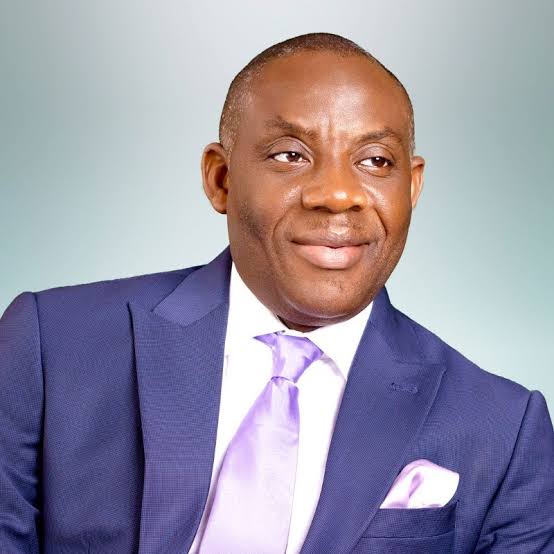By ARCHIBONG ESUENE, Abuja The Federal Ministry of Education has unveiled a three-year communication strategy (2025–2027), designed to ensure
By ARCHIBONG ESUENE, Abuja
The Federal Ministry of Education has unveiled a three-year communication strategy (2025–2027), designed to ensure that Nigerians are not only informed about ongoing reforms in the education sector but also fully engaged in shaping and sustaining them.
Speaking at the launch in Abuja, the Minister of Education, Dr. Maruf Tunji Alausa, CON, described the strategy as a “blueprint for telling Nigeria’s education story with clarity, credibility, and consistency.”
He emphasized that effective communication was not a side activity but a central pillar of reform, accountability, and public trust.
Dr. Alausa acknowledged the leadership of President Bola Ahmed Tinubu, whose Renewed Hope Agenda, he said, has made education a cornerstone of national development.
He noted that the unprecedented budgetary allocation to education under the administration has powered major reforms, including the Nigeria Education Sector Renewal Initiative (NESRI).
“The President’s insistence that no Nigerian child should be left behind because of poverty or geography has been the driving force behind every programme we launch,” he stated.
The Minister also commended First Lady, Senator Oluremi Tinubu for her commitment to education, particularly her decision to channel goodwill during her 65th birthday towards reviving the stalled National Library Project.
He described the gesture as, “an act of vision and patriotism” that has generated broad support for a national heritage institution.
Unveiling highlights of recent reforms, Dr. Alausa said the government had taken bold steps to reposition Technical and Vocational Education and Training (TVET) by providing free education in federal and state technical schools, covering tuition, boarding, and feeding, alongside a monthly stipend for students.
He disclosed that a new Digital and Technology Academy was also underway to equip young Nigerians with globally relevant digital skills.
In the sciences and health-related disciplines, the ministry has doubled intakes into medical and pharmaceutical schools, while also raising nursing enrolment to 115,000 students nationwide to address critical manpower shortages.
The Diaspora BRIDGE Initiative, connecting local institutions with Nigerian professionals abroad, and the equipping of 18 medical schools were also cited as milestones.
On basic education, the minister announced the construction of nearly 5,000 classrooms and renovation of 3,000 more in the past six months, alongside the supply of over 353,000 furniture items that have impacted 2.3 million learners.
To tackle the out-of-school children challenge, he revealed that nearly one million children have been mapped nationwide, while 35,000 learners have been reintegrated into formal schooling through vocational centres.
The government has also scaled up girl-child education programmes, with more than half a million girls receiving scholarships under the Adolescent Girls Initiative for Learning and Empowerment (AGILE). A new curriculum has been unveiled, reintroducing History and introducing Citizenship and Heritage Studies to strengthen civic values and skills development.
Dr. Alausa stressed that while policies and programmes were crucial, they could only succeed with the understanding, trust, and active support of Nigerians. For this reason, the new communication strategy would focus on visibility, coordination, engagement, and resilience—ensuring that “every milestone, whether a TVET centre in Kano, a digital classroom in Enugu, or a girl-child scholarship in Sokoto, is heard, seen, and felt nationwide.”
He called on the media, civil society, parents, teachers, and learners to partner with the ministry in telling the story of education reforms, urging: “Let us tell the story of every teacher trained, every child enrolled, every girl empowered, every curriculum modernised, every innovation adopted. Let no achievement go unnoticed, and no Nigerian remain uninformed.”
Dr. Alausa concluded by framing the sector’s progress in three phases: “The Renewed Hope Agenda has given us vision. NESRI has given us structure. And today’s communication strategy will give us voice.”




COMMENTS